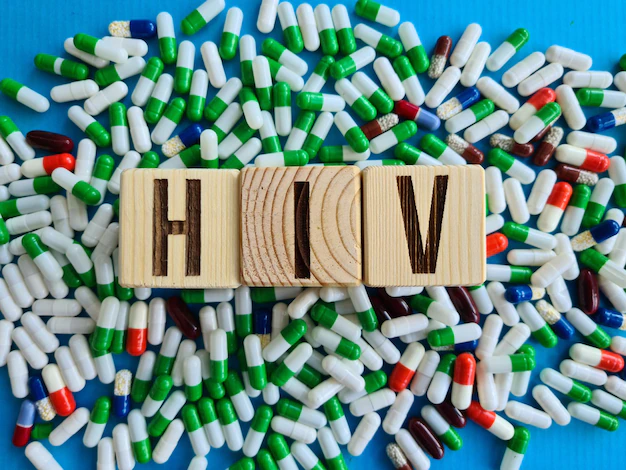Preventing HIV with PrEP

Pre-exposure prophylaxis (PrEP) is a medication regimen that can reduce the risk of HIV transmission in individuals who are at high risk of contracting the virus. PrEP involves taking a daily pill that contains two antiretroviral medications, tenofovir and emtricitabine.
PrEP is highly effective at preventing HIV transmission when taken consistently and correctly. Studies have shown that PrEP can reduce the risk of HIV transmission by up to 99% in individuals who take the medication as directed.
PrEP is recommended for individuals who engage in high-risk behaviors, including:
- Having sex without a condom with a partner who is HIV-positive or whose HIV status is unknown
- Sharing needles or other drug injection equipment with others
- Having a sexual partner who engages in high-risk behaviors or has an unknown HIV status
PrEP is also recommended for individuals who have been recently exposed to HIV, such as through sexual assault or needlestick injury.
To access PrEP, individuals should speak with their healthcare provider or a PrEP provider. PrEP is available by prescription and may be covered by insurance or through assistance programs for those who are uninsured or underinsured.
It’s important to note that PrEP is not a substitute for safe sex practices, such as using condoms consistently and correctly. PrEP is also not a cure for HIV and does not protect against other sexually transmitted infections.
While PrEP can significantly reduce the risk of HIV transmission, it’s important to remember that it does not provide 100% protection. Individuals taking PrEP should continue to practice safe sex and get tested regularly for HIV and other sexually transmitted infections.
PrEP is an important tool in preventing HIV transmission, and individuals who are at high risk of contracting HIV should speak with their healthcare provider about whether PrEP is right for them.
